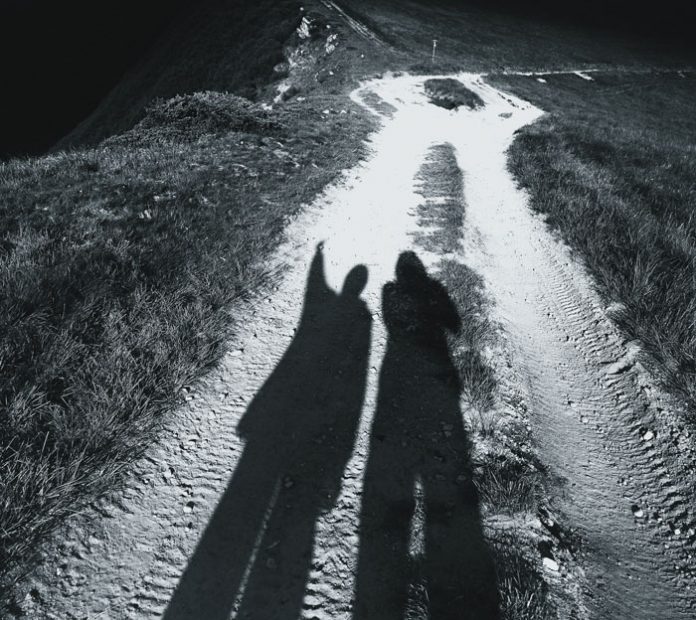I was sitting on my couch, casually flipping through Ami Magazine. In the business column “Lunchbreak,” I read an interview about a Jewish billionaire who had made his fortune in programming. As I was reading, something in his story started to sound familiar. Munkatch…computers… Could this be Abba’s guy? But when I looked at the huge numbers and figures involved, I doubted it. It just seemed too unlikely.
As soon as Shabbos ended, I called my father. “Abba, remember that Shabbos a little while back when you told me that story about someone who worked for you 30 or 40 years ago? I know it’s a bit farfetched, but there’s an article here about someone named Phil Friedman, a computer mogul—”
I hadn’t even finished my sentence when my father exclaimed, “Phillip Friedman? That’s him!”
I didn’t remember Phillip Friedman from when I was a child. Like many others, the first time I heard the story was over a bowl of cholent in my parents’ house. It was one of those linger-and-talk-about-the-old-times Shabbos meals. My father was regaling us with nostalgic memories. Having lived on three continents and worked in several different fields, he always had a lot of stories to tell.
That day, he was reminiscing about his computer programming days. His eyes took on a wistful look.
“I do have one regret, though,” he said. We could see him being transported back in time some three decades earlier. He looked at my mother. “Remember Fishel Friedman?”
She nodded.“Sure. How could I forget? The Munkatcher.”
I looked on curiously. Fishel Friedman? The Munkatcher? Who on earth was that? It was a name I’d never heard.
“Well,” my father began, “as you know, in those years I was a freelance computer programmer. I’d received a contract to create a complex program for a large company. Because of the enormity of the project, I thought about hiring a junior programmer to assist with the workload.
“Back then, in the early ’80s, thousands of Jews were emigrating to these shores from behind the Iron Curtain. Most of them arrived from Russia with hope, only to realize that they had nothing. No jobs, no money. Many of them were talented, educated and willing to work hard. But with little command of the language, they struggled mightily to acclimate and create a life for themselves. I figured it was a chance to help put someone on his feet, so I called up COPE. Agudas Yisrael had just founded this parnasah initiative and was giving courses in computers, and I inquired if they could recommend someone for the job. I didn’t hear back from them right away, and in the meantime the proposed project fell through, so I didn’t end up needing to hire anyone anyway.
“A week or two later I got a phone call. In stilted English with a heavy Russian accent the caller identified himself as Friedman. He was calling about the job. When I told him it was no longer relevant, he was extremely disappointed.
“‘Meester Shapeero,’ he pleaded, ‘please, I have family. I need job. Please.’ I didn’t have the heart to turn him down, so I hired him. I trained him and showed him the ropes, and we developed a warm relationship. He had grown up in Munkatch, of all places, under the Communists. His knowledge of Yiddishkeit was limited, although he did remember some traditions. He was hard-working and driven, and in the two years he worked for me he learned the ins and outs of the field. Every day, I would take a break to learn with a chavrusa. He was intrigued, and we had many nice discussions about Yiddishkeit. Over time we bonded and became friends.”
The Reunion: A favor is repaid manyfold
By Esther Rand
To read more, subscribe to Ami





















